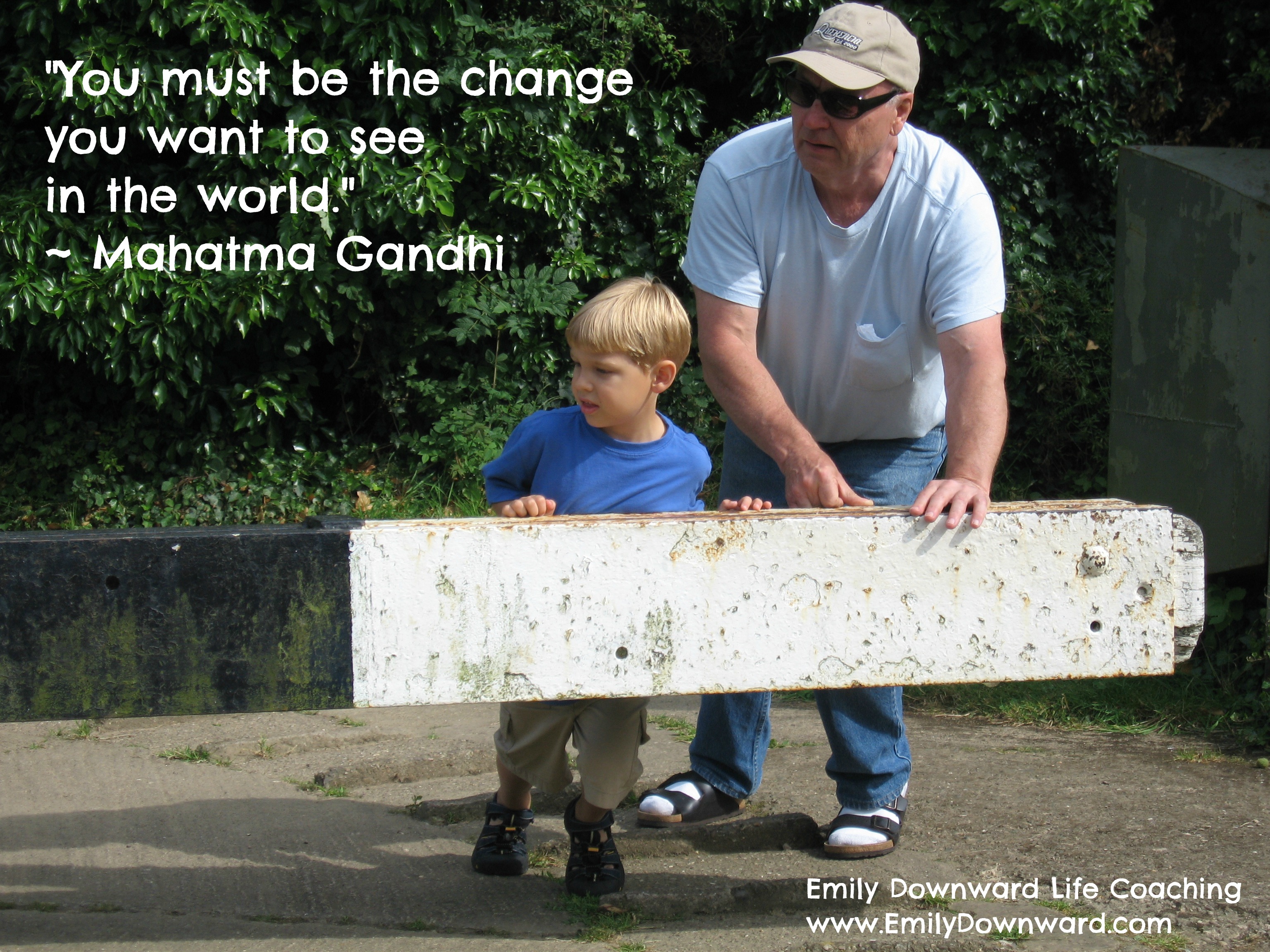 I’ve been talking to a lot of people lately about the increasing demands at work. It’s happening across industries: more work for fewer people, and increasing levels of stress across the board. People are feeling exhausted, overwhelmed and overworked. I think companies are going to have to make a change in the way business is done, taking care of their people as their greatest asset, but this is the first post in a three-part series of what YOU can do as the employee.
I’ve been talking to a lot of people lately about the increasing demands at work. It’s happening across industries: more work for fewer people, and increasing levels of stress across the board. People are feeling exhausted, overwhelmed and overworked. I think companies are going to have to make a change in the way business is done, taking care of their people as their greatest asset, but this is the first post in a three-part series of what YOU can do as the employee.
For many years, I worked in the agency world: internet, marketing, public relations. There was always more work than people and time to do it, and an incredible number of emails, meetings and client demands. After one particularly devastating break-up, I threw myself into work to fill up the time that had been previously spent with my boyfriend and our mutual friends, spending extra hours at work as a distraction and a balm to my newly empty evenings. It worked…for awhile. But I began to feel burned-out, needing the balance of work and not-work. Unfortunately, I had done extra work for long enough that people were used to it. While some of my coworkers had to leave the office at a specific time to pick up kids from daycare or go to exercise classes, I became known as the one who could stay late. I was the go-to person for extra work, especially crunch-time work. Extricating myself from this was tricky, but I knew it was up to me. I had gotten myself into it, and I was determined to get myself out! I realized by watching my coworkers, and how the company responded to them, that I could set the boundaries on my time. So even though I couldn’t suddenly have kids to pick up from daycare, I began saying “I have a class tonight at 7:00. I have to leave here by 6:30.” Whether I had a class or not, I was making the commitment to myself, to my life outside of work.
I truly believe we are given lessons in life, and if you don’t get it the first time, life gives you multiple opportunities to learn the same lesson again. Setting boundaries is one of those lessons I’ve had to practice several times before getting it, and it’s a constant one. You may go through times where you establish your boundaries well and have them respected, and other times where you give a little here and there for a period of time (like during a particular project or new business effort), and then you must re-establish your boundaries again.
As a single person, I saw that my colleagues with children knew they had to do this. Daycare closes at a certain time. Other colleagues who commuted knew they had to leave to get a particular train. But it’s important for everyone to know and set your own limits, boundaries for your time.
If you’re thinking, “Emily doesn’t understand. We’ve had layoffs, and I’m fortunate enough to still have a job. I have to do whatever they ask to show I’m a hard-worker. I have to keep this job!” While I don’t know the particulars of your specific workplace, I can tell you that you can’t keep waiting for the company to change. As Gandhi said, “You must be the change you want to see in the world.” Start small: instead of eating at your desk, take lunch outside of the office one day a week. Leave the office a little earlier than you usually do one day a week. (I’m guessing you’re working a great deal more than 40 hours/week, and I’m not suggesting you try to cut below 40, but how about 55 instead of 60?)
In my experience, the company will take as much as you’re willing to give. The company will not tell you, “You shouldn’t work so hard. You should take off early and go spend some time outside.” But YOU know what you need, and it’s up to YOU to communicate your limits.

